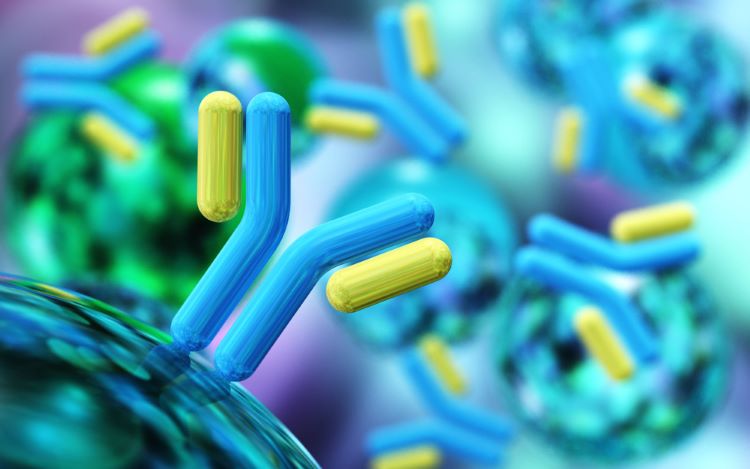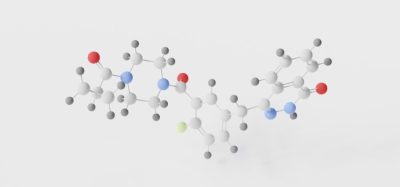Stress impact on protein particle formation for monoclonal antibody formulation
Posted: 25 April 2024 | Catherine Eckford (European Pharmaceutical Review) | No comments yet
The driving factor for protein particle formation is surface mediated in protein only formulations in manufacturing, research asserts.


A study has determined that for biologics subject to multiple stresses during bioprocessing and manufacturing, “exposure to air-liquid interfacial dilatational stress is the predominant mechanism impacting protein particle formation, [both] at the interface and in the bulk solution”.
Researchers established a “unique” set-up using a peristaltic pump and a Langmuir-Pockels trough to study the impact of hydrodynamic shear stress due to pumping and interfacial dilatational stress, on the formation protein particles.
The set-up was tested on an “industrially relevant [immunoglobulin G] (IgG) [monoclonal antibody] (mAb) solution.” Formation under different stress conditions was characterised using microflow and brightfield imaging.
Impact of dilatational stress on particle formation
Protein solutions “exposed to interfacial dilatational stress acting at the air-water interface have the highest protein particle concentrations”, according to the paper. This was found to be the case “regardless of the solution being pumped prior to application of compression/expansion stress at the interface”.
The researchers concluded that the order in which the protein solution is subjected to hydrodynamic shear and interfacial dilatational forces are applied, “does in fact have a significant impact on [formation of the particles], both at the interface and in the bulk solution”.
Based on the experiments performed, interfacial properties of the protein film were not impacted by pumping. This was established based on “protein solutions subjected to various combinations of stress…surface pressure values during adsorption and when subjected to compression/dilatational stresses showed no change”.
[these findings] increase our understanding of the underlying mechanisms dominating surface-mediated and bulk-mediated protein particle formation during bioprocessing and manufacturing”
Polysorbate 80 (PS80) prevented surface mediated particle formation and vastly decreased the formation under all stress conditions, the paper reported. According to the authors, this provides “further evidence that the driving factor for protein particle formation is surface mediated in protein only formulations”.
An additional finding was that protein particles formed due to interfacial dilatational stress “can be correlated to protein particle formation during mechanical shaking”.
Griffin et al. concluded that the studies highlighted in the paper “increase our understanding of the underlying mechanisms dominating surface-mediated and bulk-mediated protein particle formation during bioprocessing and manufacturing”.
The paper was published in the Journal of Pharmaceutical Sciences
Related topics
Biologics, Biopharmaceuticals, Bioprocessing, Drug Development, Drug Manufacturing, Formulation, Industry Insight, Manufacturing, Therapeutics









